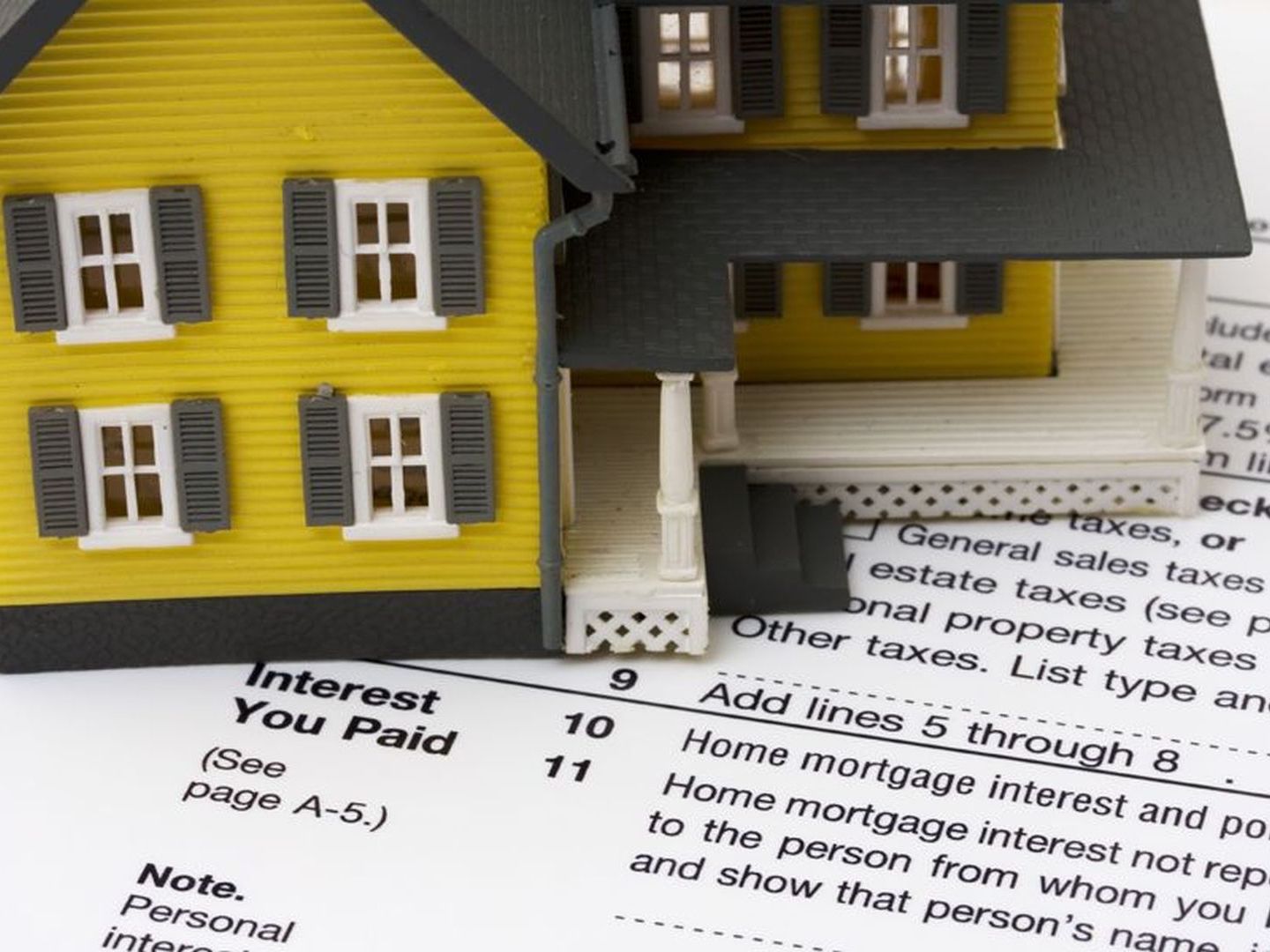
Step 1:
Determining Finances
When buying a home, there are a few factors you should consider to determine how much home you can actually afford:
- Credit score: One of the most important factors in determining how much you can afford is your credit score. Chances are you'll need a credit score of at least 620 to get a conventional mortgage loan. Higher is obviously better.
- Down payment: We'll need to determine how much down payment you'll be able to pay up front. For most loans, you'll need a down payment of anywhere between 3.5% and 20%.
- Closing costs: These are the final costs and fees associated with buying a new home. You can end up totaling between 2% to 5% of the total costs. So a $200,000 home would be between $4,000 and $10,000.
- Extra homeownership costs: These are also known as maintenance costs, and you can estimate them to be about 1% of the home's total worth each year, at least at first.
Once you figure all these numbers out, you'll be able to get a price range of homes in your budget.
Step 2: Pre-Approval
Once you've saved up enough money and worked out your finances, it's time to get pre-approved for a mortgage. That is of course unless you're wealthy enough to be buying a house in cash. Getting a mortgage pre-approval is an important part of buying a home as many sellers won't even show you a house unless you have a pre-approval letter. A mortgage pre-approval letter is usually valid for 90 days and essentially indicates that the bank expects you to qualify for the loan, and they're ready to proceed with getting you a mortgage as soon as you have a house in mind. Having a pre-approval letter can increase seller confidence and will allow you to secure financing details and move into deciding on a home for real.


Step 3: Home Search
Once you have all the previous ducks in a row, you can finally start looking at houses. This is likely going to be the most time-consuming part of the process of buying a house in Florida, but whatever you do, don't rush. Take your time, and view as many homes as you need, until you find the one that's right for you. Since there are thousands of homes on the market, it's often helpful to narrow down things into stuff you "must" have versus things that would be just nice to have. For instance, maybe you need two bathrooms, but a home with three is icing on the cake.
Step 4: Offer Submission
Once you've found a house that you really love, the next step to buying that home is to make an offer to the seller. There are a few key things to keep in mind:
It's always important to move fast, as sellers usually get rid of their homes free quickly. Don't wait around to make an offer, as most homes only spend a few days on the market before a reasonable offer is made.
Always speak to you agent about creative ways to make you offer more desirable.


Step 5:
Appraisal & Inspection
The next step in buying a house consists of due diligence. Even after you make an offer and a seller accepts that offer, you should still get inspections and appraisals of the property to make sure that nothing is out of order. You should hire a licensed home inspector to check things like a house's roof, electrical system, HVAC system, plumbing, and so on. Once we get past the inspection negotiations your lender will have the appraiser come out to the property.
Step 6: Closing & Moving
If you've made it this far, you're almost there! Now it's just time to dot your I's and cross your T's. Do a final inspection of the home and test all the appliances, then perform the closing agreements with your real estate agent and the title company.






